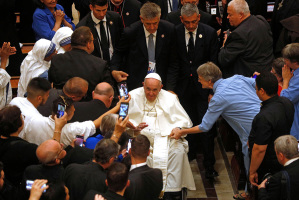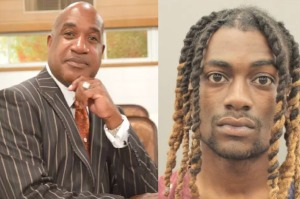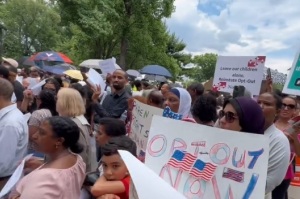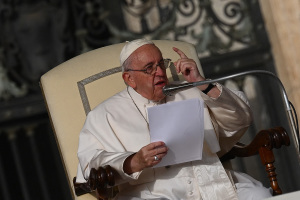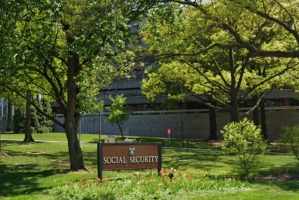Freedom of Religion Is More Than Freedom to Worship
At the risk of being pedantic, words mean things. Our ability to communicate is based on our ability to use and understand the meaning of words. Yelling "fire" in a crowed theater is not a threat if the moviegoers think they are merely being given the command to discharge imaginary weapons. Words communicate the depth and breadth of the ideas behind them. Choosing the right word or phrase in the right situation means the difference between effective communication and evasive confusion.
I have to believe people in the Obama Administration know this and that is why it is disturbing to me when the president exchanges the phrase "war on terror" for "overseas contingency operations." War on terror is a compact, meaningful description of the ongoing struggle against Islamic radicalism. Overseas contingency operation could mean anything from an airlift of humanitarian supplies for Haiti to an airstrike against the Taliban. When a phrase carries the possibilities of such a wide range of meaning all objective meaning is lost.
Now that the terms of war have changed the President has moved on to apply his wordsmith skills to a cherished Constitutional principle…the freedom of religion. The First Amendment states "Congress shall make no law respecting the establishment of religion, or prohibiting the free exercise thereof." Presidents from George Washington to George W. Bush have spoken openly and often about the freedom of religion that is provided by God and protected by the rule of law. Speaking of religion, Washington said, "Let us with caution indulge the supposition, that morality can be maintained without religion." In June of 2009, President Obama referred to the freedom of religion in a speech in Cairo. The President said, "Moreover freedom in America is indivisible from the freedom to practice one's religion."
But in November of 2009 the President exchanged the all-encompassing "freedom of religion" for the much more narrowly defined "freedom of worship." Speaking to the crowd gathered to remember the victims of the Fort Hood shooting the President said, "We're a nation that guarantees the freedom to worship as one chooses." He followed that up with a speech he delivered in Tokyo where he said, "The longing for liberty and dignity is a part of the story of all peoples. For there are certain aspirations that human beings hold in common: the freedom to speak your mind, and choose your leaders; the ability to access information, and worship how you please."
The president is not the only member of the current administration that prefers "freedom of worship" to "freedom of religion." Speaking at Georgetown University in December of 2009, Secretary of State Hillary Clinton said, "To fulfill their potential, people must be free to choose laws and leaders; to share and access information, to speak, criticize and debate. They must be free to worship, associate and to love in the way they choose."
Is it really a big deal that the President and members of his administration have migrated from freedom of religion to freedom of worship? Yes, it really is a big deal because, as stated at the beginning of this article, words mean things. The freedom to worship is an exclusive term that relates only to the way people express their relationship with God inside the walls of the church. Freedom of religion carries the idea of religious expression beyond the walls of the church into the public arena.
For example, the government can grant me the freedom to worship but without freedom of religion that same government can prohibit me from sharing my faith with my neighbor. My belief in the sanctity of life and the sanctity of marriage as being exclusively between a man and woman could be prohibited while the government allows me to continue to worship according to my religious tradition.
By shifting from freedom of religion to freedom of worship, the administration would be laying the groundwork for censuring religious thought and expression in the public square while sanctioning worship as long as that worship remains tucked away from public view within the confines of the church.
I understand that worship can take place other than the confines of a church but emphasizing the freedom or worship over the freedom of religion protects our ability to express our love for God while leaving open the possibility of the curtailment of our responsibility to express God's truth in the culture.
Worship is an important part of religious expression but it is only one part. As Christians, we must stand up for our right to express our religious beliefs both inside and outside the walls of the church. If our understanding of religious freedom becomes confined by wordsmiths to nothing more than what takes place inside the church we will soon find that our outside the walls expression of God's truth has been lost.
















